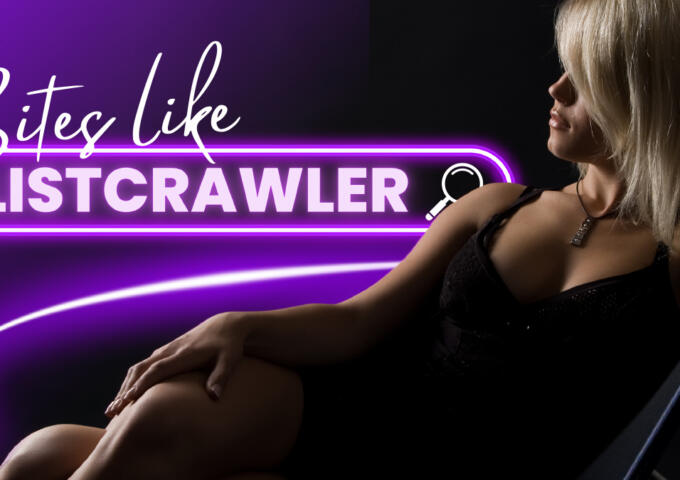Reader question: I contracted herpes when I was a teenager- it was my first sexual partner, ironically. I was a kid and I didn’t handle it well and would not disclose to people I slept with. In college I broke down and told a boyfriend after we were together for a year. He was so mad that I hadn’t told him earlier that he broke up with me. After that I stayed single for a while and sought therapy to deal with a lot of things including the shame, which helped a lot.
When I next went out into the dating world, I was upfront with anyone I dated, well before things got sexual. No one freaked out to my face. Some people acted like they were cool, but they clearly weren’t. Eventually one guy and I really clicked, and he was very cool about it when I disclosed my status, and we ended up dating for many years. We were together up until a few months ago when we became one of those trendy pandemic breakups.
I’m dealing with the breakup as best as I can and am considering going back into dating soon but I need a vibe check on how people are about STIs these days. My friends all tell me it’s going to be just fine and anyone who is squeamish can fuck off, but I need a more objective take. It’s been years since I had to do this. What’s your advice on dating with herpes?
I have mostly good news for you. But first, the other stuff.
The bad news is that there are plenty of ‘squeamish’ fish out in the dating sea who will not know how to react to your disclosure. That has long been true and probably will continue to be. STI stigma is deeply ingrained in this culture that barely talks about sex, moralizes health, and routinely puts obstacles in the way of medical access. Fear of sexually transmitted infections (STIs) has been actively foisted upon us by decades of inaccurate, terror-based, slut-shamey sexuality education.
Stigma around STIs remains strong, despite the fact nearly all sexually active adults will contract one at some point in their lives. When it comes to herpes, the shame is particularly potent due to the current lack of a cure, even though it’s treatable and half a billion people live with it worldwide. The rate rises to half of US adults if you count HSV-1 (aka cold sores). Fewer than 1 in 5 people are tested for herpes and it’s estimated 90% of folks with the virus don’t know they have it.
Adding to the stigma is the lack of honest conversation about what it means to have herpes. If you were one of the many students whose sex ed featured horror show imagery of worst case scenario outbreaks, you could easily contract herpes, have symptoms, and not recognize them as such. It would be like if driver’s ed was just watching videos of flipped over cars on fire and no actual training on how to operate a car- not helpful. If you want to know what a normal outbreak looks like on a healthy adult, here are some images.
While I don’t want to downplay the pain or frustration associated with having genital herpes, I think writer Ella Dawson who has written on herpes and how stigma leads us to taking unnecessary risks, encapsulates the reality well: “Yeah I would much rather *not* have genital herpes if I had the option. But I wish people wouldn’t fear-monger about it so much, the stigma is way worse than the reality of living with it.”
So, what’s the good news? The first is that we can now access medically accurate sex ed around the world, and there are a slew of trailblazing influencers and educators who are changing the sexual landscape. Buzzfeed recently profiled young activists who are creating content that will shift the discussion from shamey and non-existent to something more productive. (I had a great interview with one of them: Courtney Brame, the founder of Something Positive for Positive People, on my podcast. His project started as a suicide prevention initiative but evolved to become a sex-positive nonprofit organization.)
This cultural shift will mean that you’re likely to come across folks who are more educated on the subject than you did back in the day. You’re also older and probably aiming to date people who have life experiences and the chance to learn the realities of sex and hopefully get past some of the fears and hang ups we inherited.
There are also far more resources and guides specific to dating with an STI now, and managing the disclosure conversation. There are also more places you can direct a potential lover to learn more about the realities of herpes, testing, and protection measures. And if you want to take all the guess work out, dating sites for folks with STIs are an option and may provide much needed community support. It’s not a bad idea to find a network and resources for yourself in general.
Ultimately, you won’t know what is out there and possible until you try and while dating is challenging for everyone, it’s also supposed to be fun. Best of luck!





